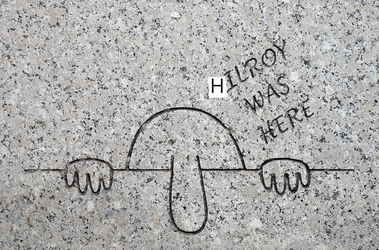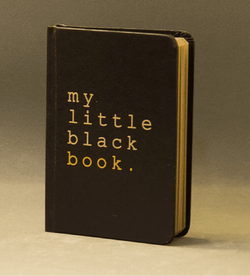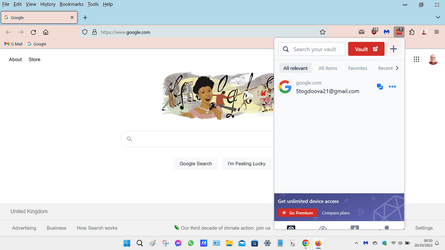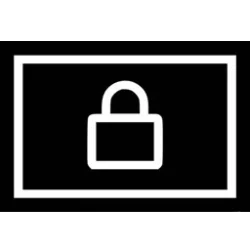Keypass...
Actually, one of the most secure methods for storing passwords is in a physical book with YOU being the only one to know that you have such a book, and you encode your entries in such a way that only you know what the entries mean. If you choose to use a piece of software (i.e. a software vault), keep the software and data on a device that you control, that is not always online, such as a flash driver or external drive. A "cloud" is generally not something you control.
Don't keep privileged information on your PC, stored in a network, stored in business-partner systems, etc.
Almost everyone does business online these days. Don't allow your creditors to store your credit card/debit card information, social security numbers, etc., in their systems. That's where the mega data breaches occur. You are generally not going to get data breaches from data stored on a flash drive, the you only plug into your PC when you need it.
P.S. Are you aware that your smart phone listens to you? Let's suppose that you are on your phone, discussing an allergy to tomatoes with a doctor or nurse. Don't be surprised if you get an email about the allergic affects of tomatoes, and what you can buy to alleviate that allergy, and that the email does not originate from your doctor.
Smart phones listen to us!














